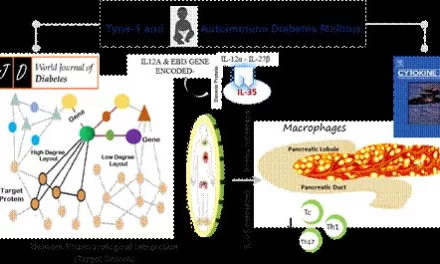A groundbreaking study conducted at the Sylvester Comprehensive Cancer Center at the University of Miami Miller School of Medicine offers hope in the fight against stomach cancer, particularly among vulnerable populations such as Black, Asian, and Latino communities. Led by physician-scientist Shria Kumar, M.D., the research demonstrates the feasibility of targeted community outreach for testing and treating Helicobacter pylori bacterium infection—a major risk factor for gastric cancer.
Dr. Kumar’s motivation stemmed from the stark reality faced by many patients with advanced-stage stomach cancer, where treatment options are limited and outcomes are often devastating. Recognizing the urgent need for intervention, she and her team embarked on a community-based study to assess the prevalence of H. pylori infection and its potential impact on vulnerable South Florida populations.
Published in Clinical Gastroenterology and Hepatology, the study reveals promising outcomes in identifying and eliminating H. pylori infections within the community setting. “Our results show promise for screening and treating high-risk individuals in their own communities,” stated Dr. Kumar. “This approach has the potential to inform future efforts to scale up H. pylori screening and prevention strategies.”
Helicobacter pylori infection, known for causing gut inflammation and ulcers, is also strongly linked to an increased risk of gastric cancer—a fact underscored by previous research showing a 75% reduction in gastric cancer risk following H. pylori treatment. Despite its significance, routine screening for H. pylori infection is not common in the U.S., particularly among vulnerable populations with higher incidences of the bacterium.
The study conducted in Miami, a diverse enclave with a significant representation of ethnic and racial minorities, utilized community outreach strategies to reach underserved populations. Through health fairs, community centers, and mobile screening units, the research team screened 155 individuals for H. pylori, with approximately one-third testing positive. Those who tested positive received free treatment regimens and were monitored for successful eradication of the bacterium.
While the study demonstrated successful treatment outcomes for many participants, challenges remain, including treatment compliance and patient follow-up. “Many people were still left behind,” noted Dr. Kumar, citing factors such as incomplete treatment and loss of contact with participants.
Despite these challenges, co-author Dr. David Goldberg remains optimistic about the future of H. pylori testing and treatment. “As technology and knowledge evolve, we hope to see advancements that simplify screening and treatment, ultimately reducing the burden of stomach cancer in vulnerable communities.”
The study underscores the importance of targeted interventions and community-based approaches in addressing the complex interplay between infectious agents, health disparities, and cancer risk. With continued research and innovation, initiatives like this have the potential to make significant strides in cancer prevention and control.
For more information on the study and its findings, the full publication can be accessed in Clinical Gastroenterology and Hepatology.












